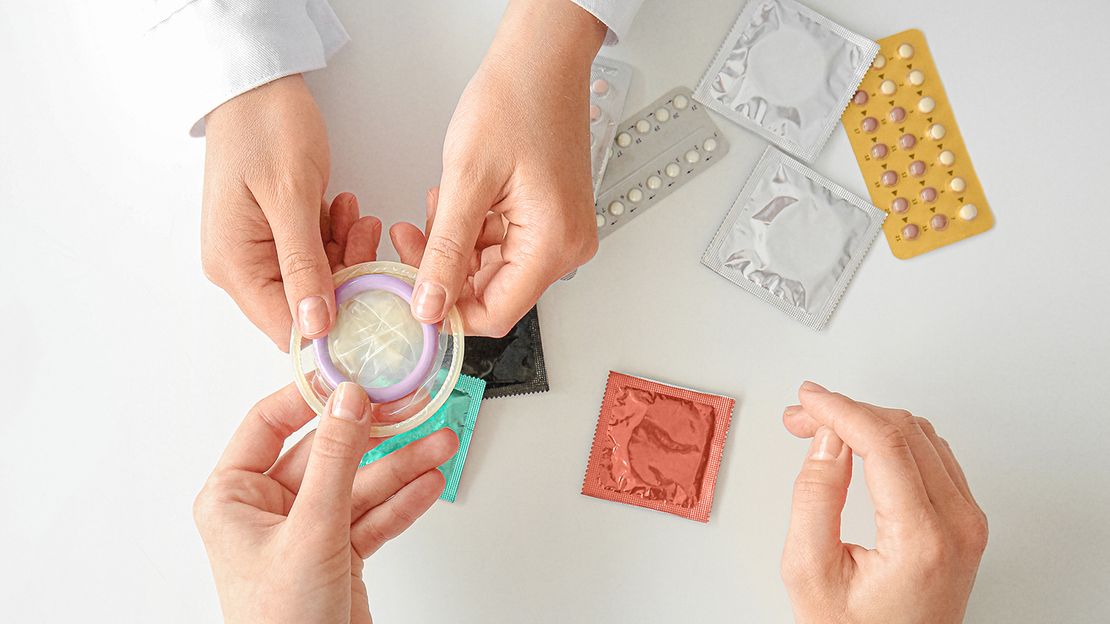Introduction: Contraception, often referred to as birth control, empowers individuals and couples to make informed decisions about when or if they want to have children. With a wide range of contraceptive methods available today, it’s essential to understand your options. In this comprehensive guide, we’ll explore various contraception methods, how they work, their effectiveness, and considerations to help you make the right choice for your reproductive health.
1. Barrier Methods:
a. Condoms: Condoms are one of the most accessible and effective forms of contraception. They create a physical barrier, preventing sperm from reaching an egg. They also offer protection against sexually transmitted infections (STIs).
b. Diaphragm and Cervical Cap: These are reusable, dome-shaped devices that cover the cervix to block sperm. They need to be used with spermicide and fitted by a healthcare provider.
2. Hormonal Methods:
a. Birth Control Pills: Oral contraceptives contain hormones (usually estrogen and progestin) that prevent ovulation, thicken cervical mucus, and alter the uterine lining. They need to be taken daily.
b. Birth Control Patch: The patch is worn on the skin and releases hormones to prevent pregnancy. It’s replaced weekly for three weeks, followed by one patch-free week.
c. Birth Control Ring: The vaginal ring is a flexible device that releases hormones. It’s inserted monthly and left in place for three weeks.
d. Birth Control Shot: The contraceptive shot is administered every three months and contains progestin to prevent pregnancy.
3. Long-Acting Reversible Contraceptives (LARCs):
a. Intrauterine Device (IUD): IUDs are small, T-shaped devices inserted into the uterus. They can be hormonal or non-hormonal and provide contraception for several years.
b. Implants: These small rods are inserted under the skin of the upper arm and release hormones to prevent pregnancy for up to three years.
4. Permanent Methods:
a. Tubal Ligation (Female Sterilization): This surgical procedure involves blocking or sealing the fallopian tubes to prevent eggs from reaching the uterus.
b. Vasectomy (Male Sterilization): This surgical procedure involves cutting or sealing the vas deferens, preventing sperm from reaching the semen.
5. Emergency Contraception:
a. Emergency Contraceptive Pills (Morning-After Pill): These pills can be taken within 72 hours (or up to 120 hours, depending on the type) after unprotected sex to reduce the risk of pregnancy.
Considerations When Choosing Birth Control:
- Effectiveness: The effectiveness of a method is crucial. Some methods, like IUDs and implants, are highly effective with very low failure rates, while others, like condoms, can be less effective if not used correctly.
- Health Considerations: Discuss your medical history and any health conditions with a healthcare provider. Some methods may not be suitable for everyone.
- Frequency: Consider your lifestyle and how often you’re willing to use or think about contraception. Daily methods like pills may require more discipline.
- STI Protection: If protection against STIs is a concern, barrier methods like condoms should be used in addition to other contraception.
- Reversibility: Some methods, like sterilization, are permanent, while others, like pills or IUDs, are reversible.
- Side Effects: Understand potential side effects and how they might affect you individually.
Conclusion: Choosing the right contraception method is a personal decision that depends on your health, lifestyle, and reproductive goals. Consult with a healthcare provider to discuss your options and make an informed choice that aligns with your needs and preferences. Remember that contraception is a powerful tool that can help you take control of your reproductive health and plan your family on your terms.





